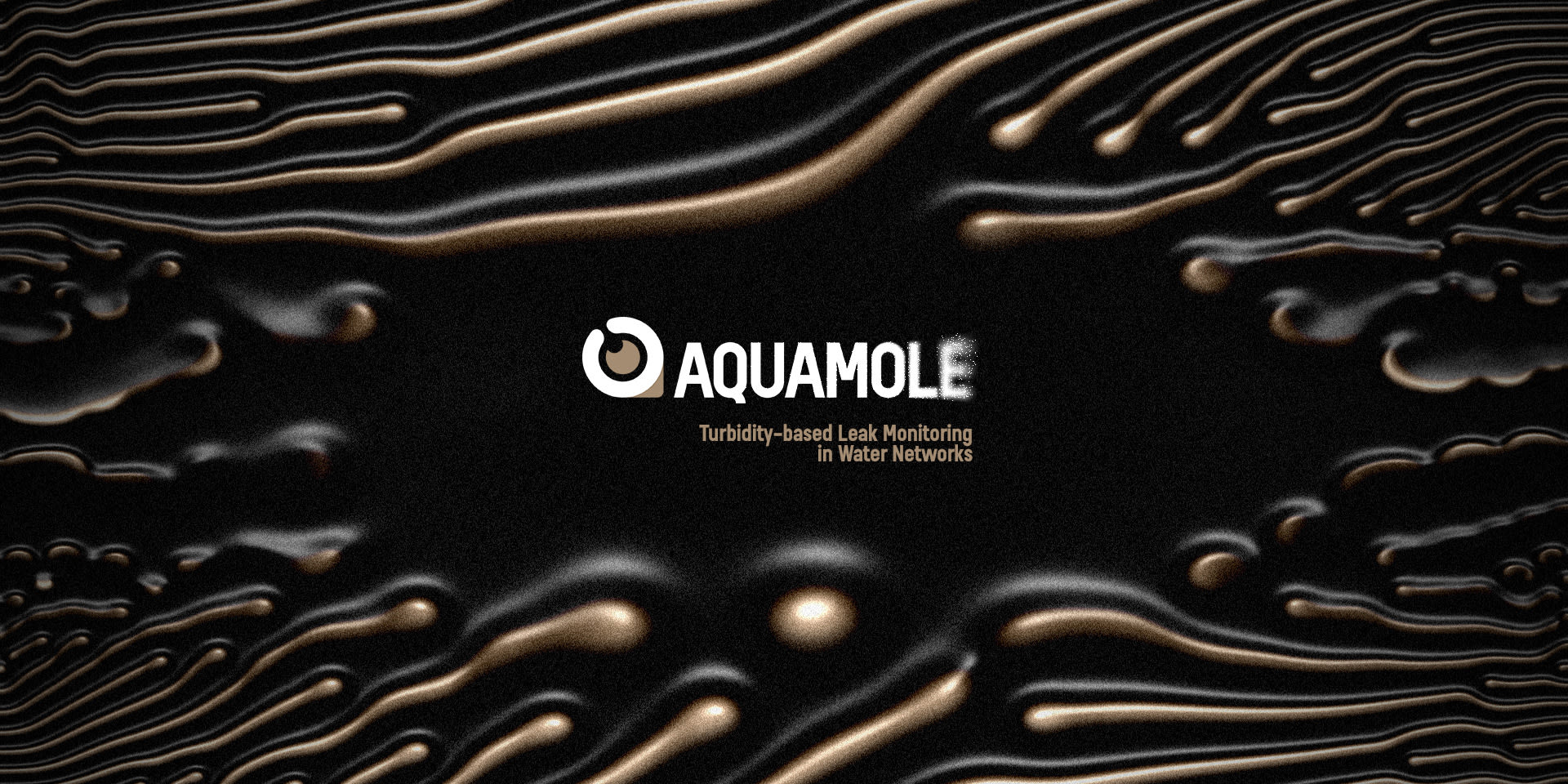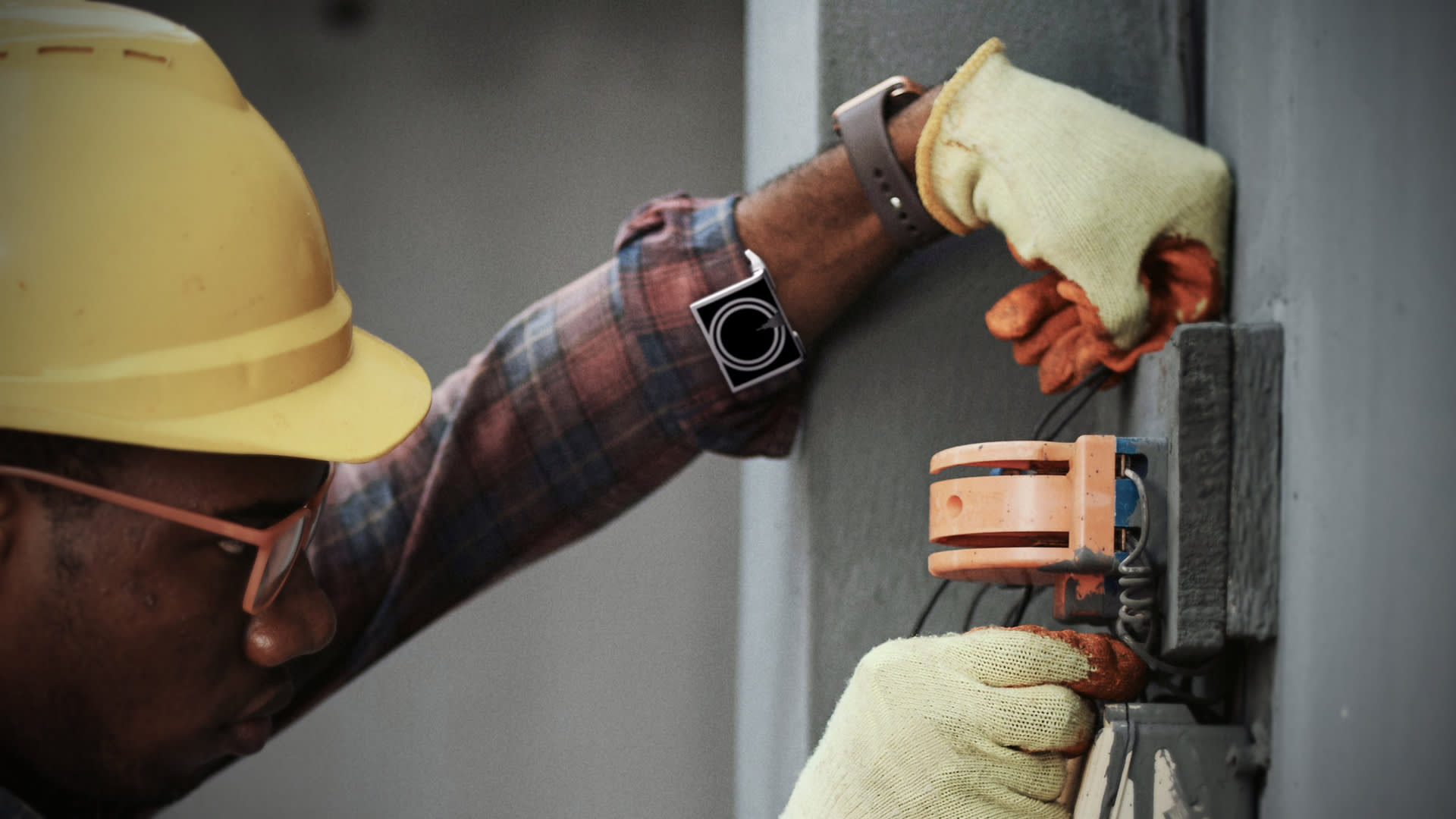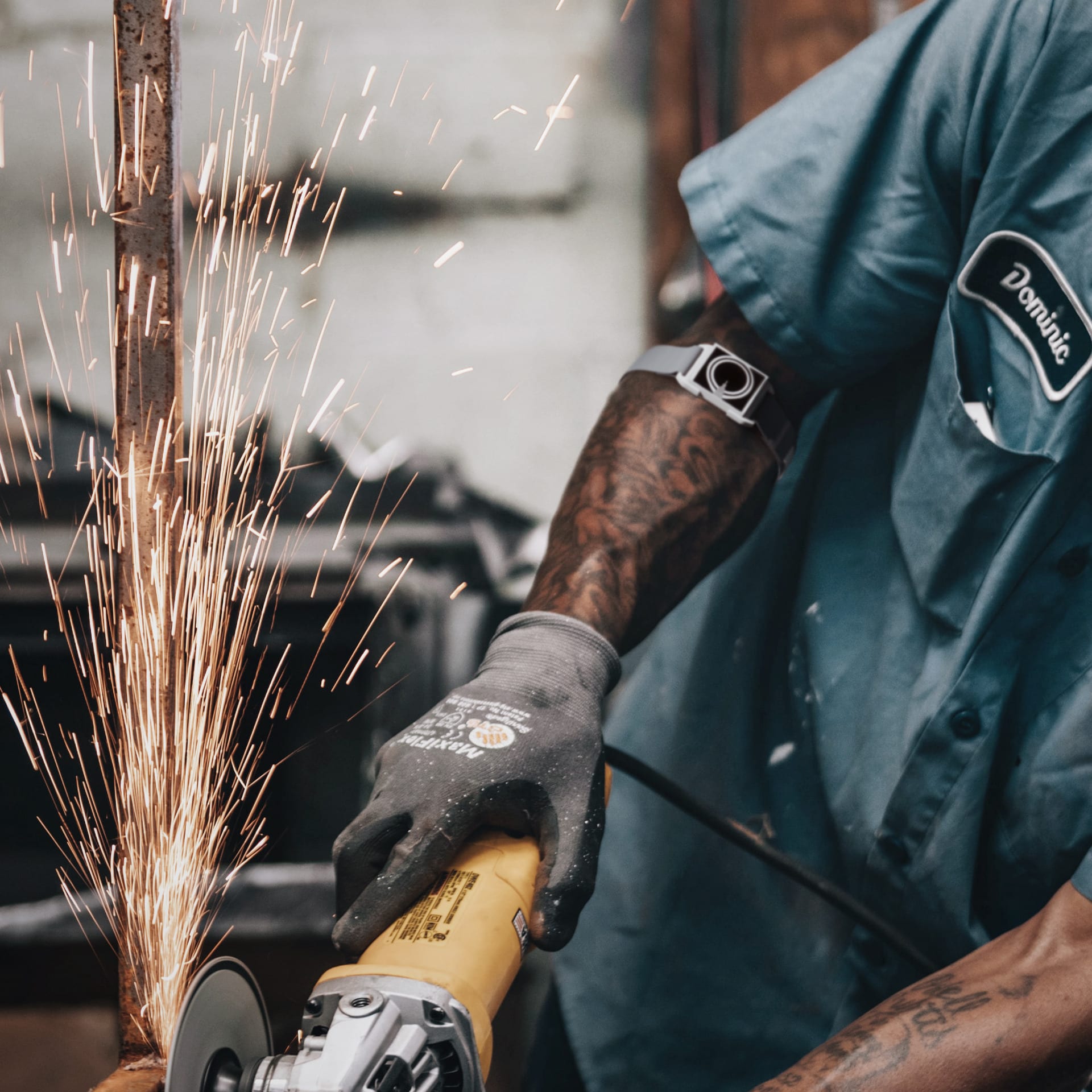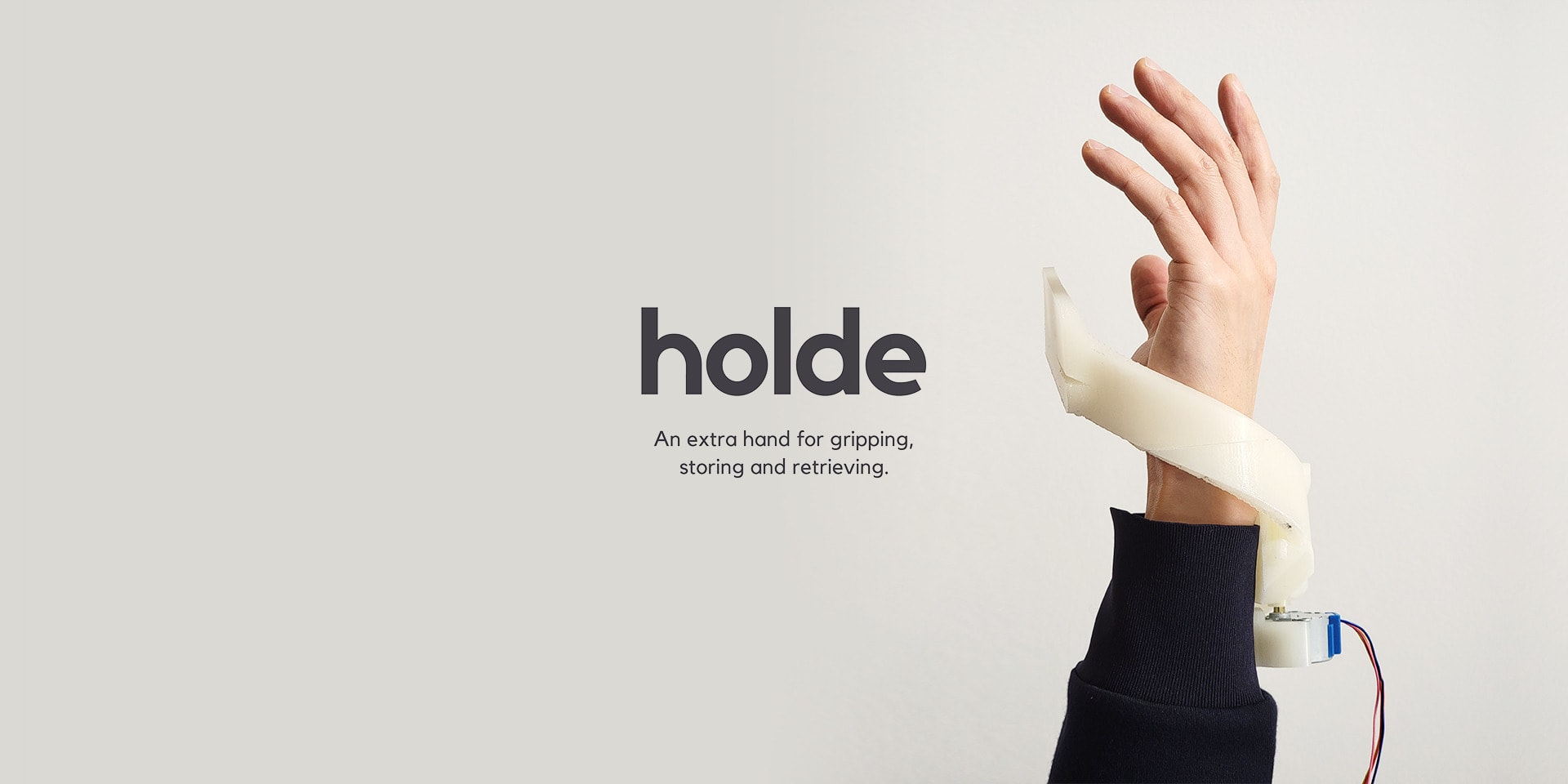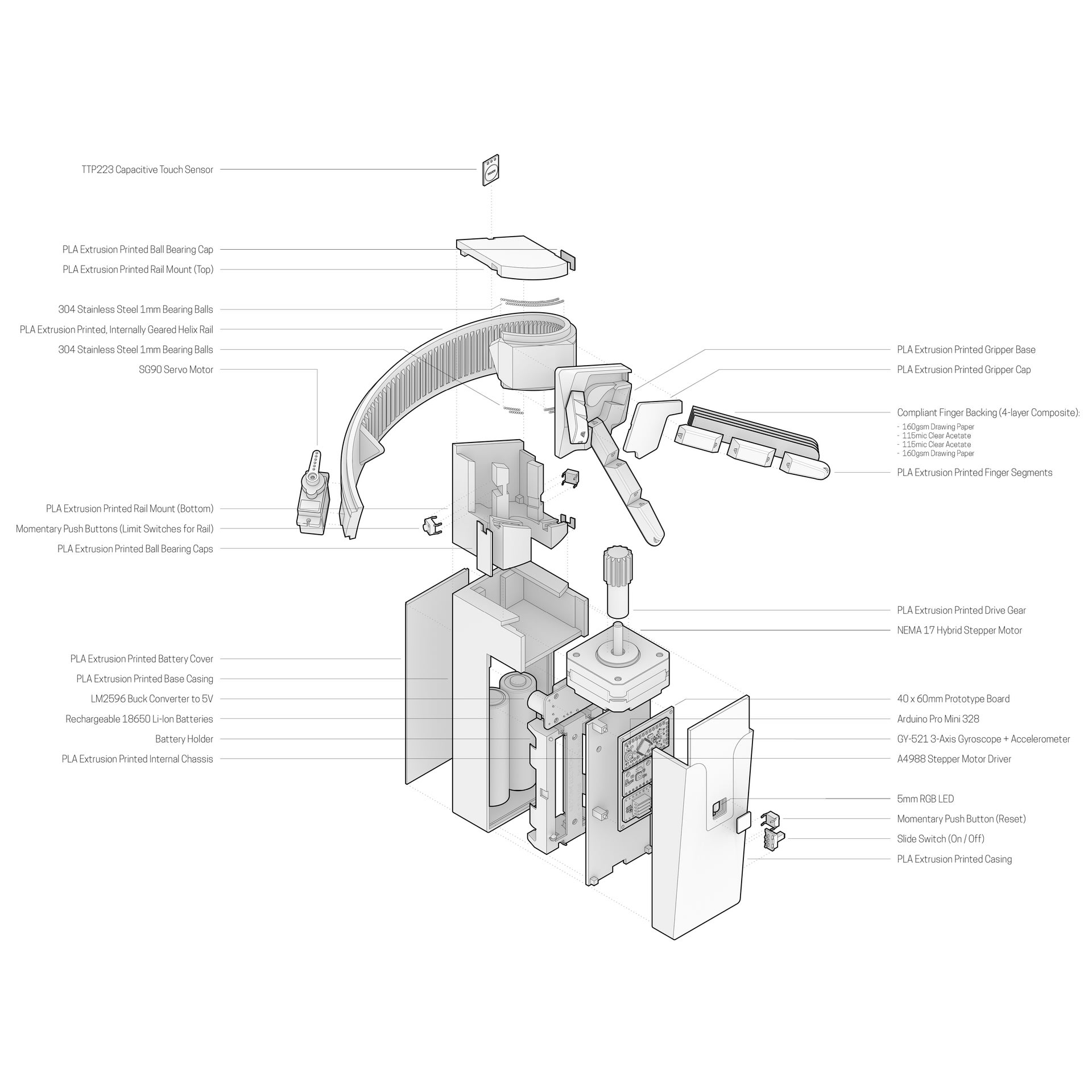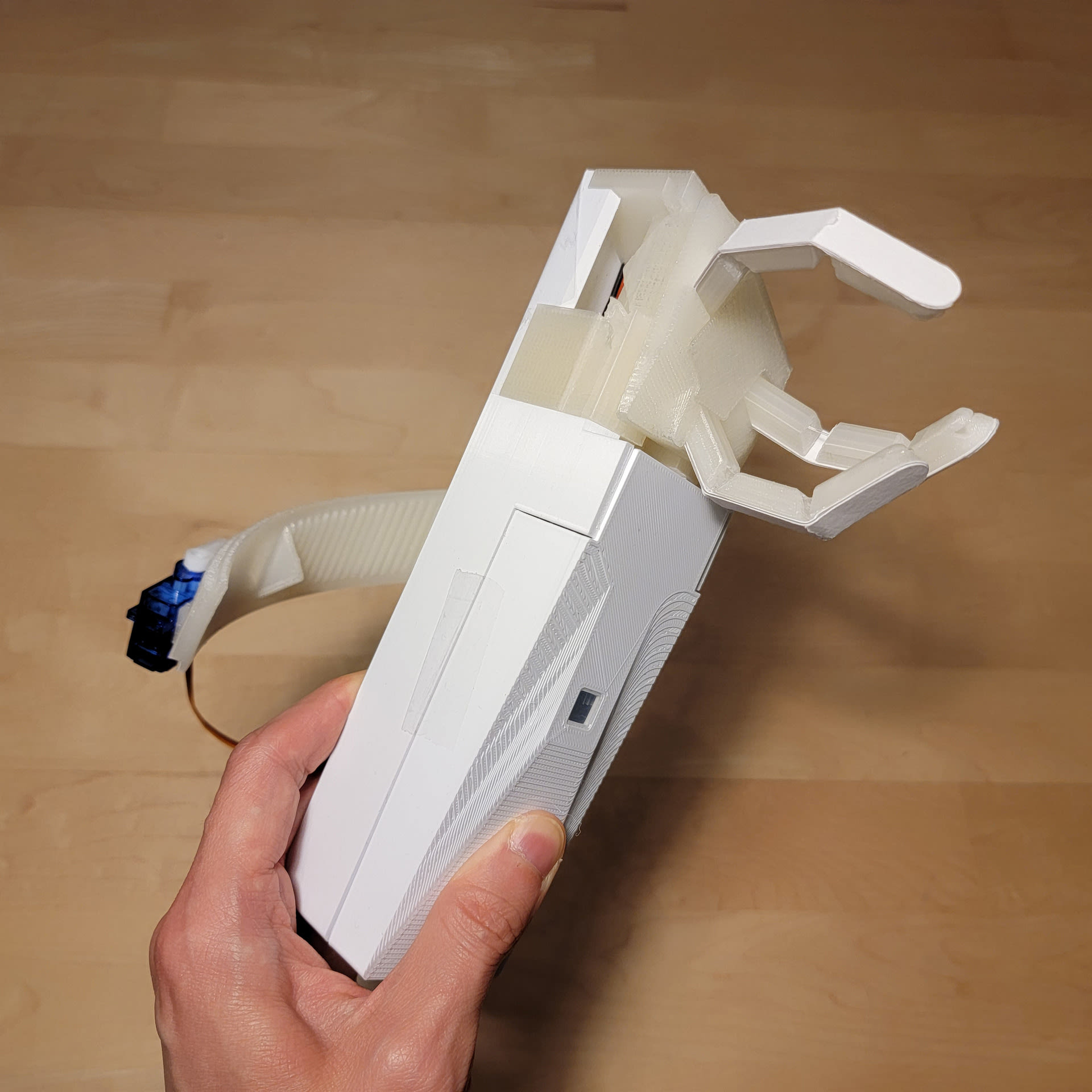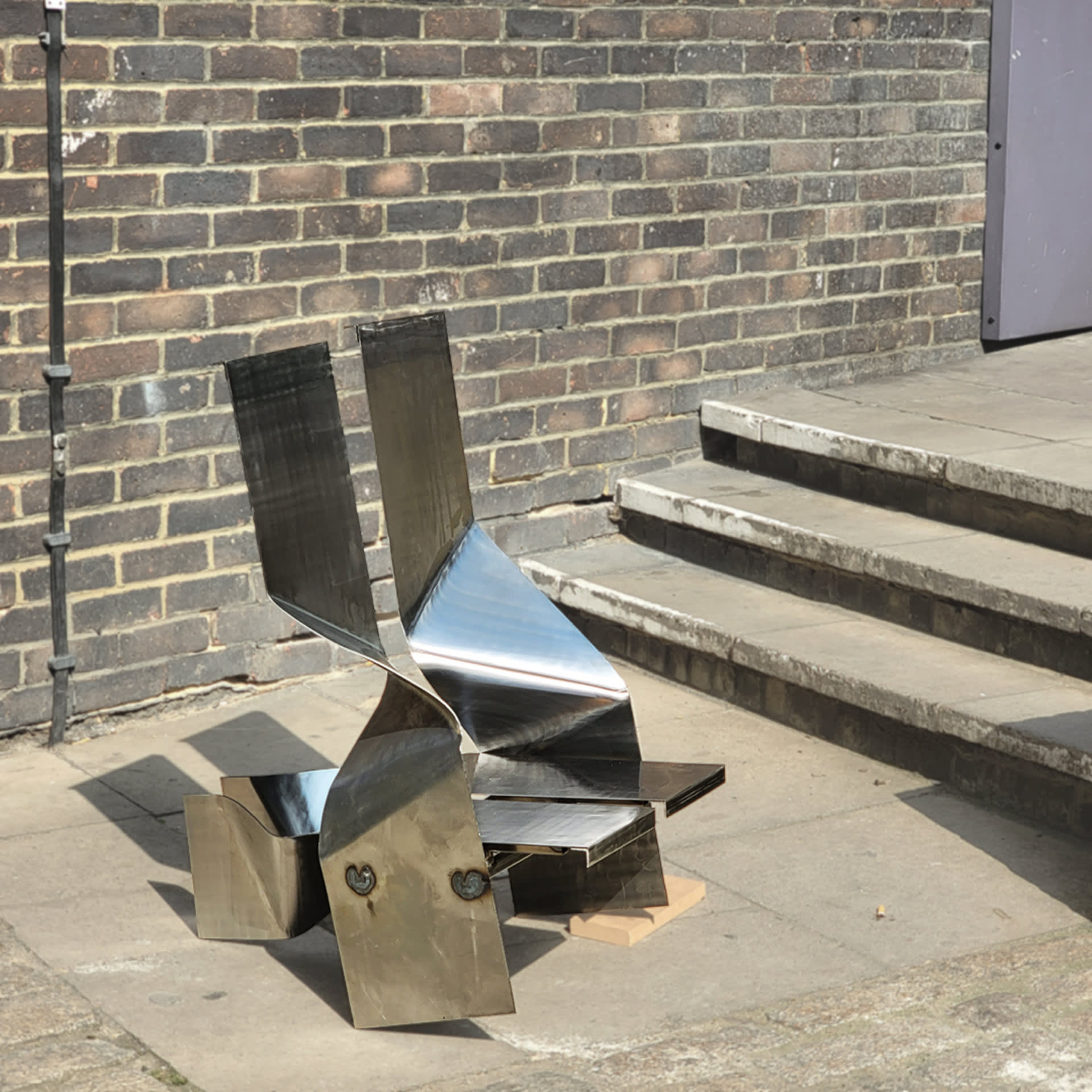Seb is a multidisciplinary innovator and designer based in London and Hong Kong. His work both academic and professional spans many industries and disciplines, including product and system design, exhibition production, urban design and architecture.
He is currently co-founder and COO at Epicue, a startup working on heat stress management via wearable PPE. Before pursuing Innovation Design Engineering MA/MSc at Imperial College London and the RCA, he graduated with an MA in Architecture from the University of Edinburgh. He has worked at and collaborated with award-winning design and architecture firms in London, Shanghai and Hong Kong, including Unknown Works, CHAP and Aedas.
Beyond his creative pursuits, Seb dreams of regaining the athleticism he once had as a professional sport climbing athlete.
Relevant Experience
Co-Founder @ Epicue
Creative Technologist @ Cook Haffner Architecture Platform
Architectural Designer @ Unknown Works
Architectural Designer @ Aedas
Co-Founder @ Ghost Labs
Student Ambassador @ Gravity Sketch


